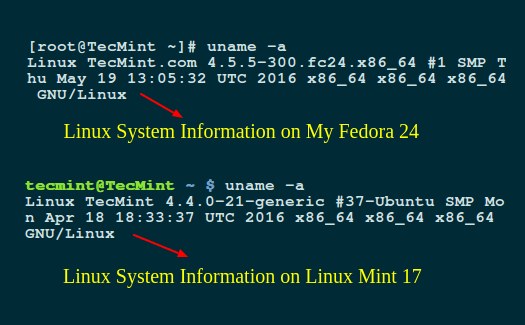


This is very similar to /usr/src on Ubuntu, except there is only one kernel here (and it is newer). Looking for a specific file (e1000_main.c) with find reveals it's exact location.
Linux kernel versions code#
There appear to be two versions of the complete Linux source code there. Note though that the structure inside /usr/src might be different depending on the distribution that you are using.įirst let's take a look at /usr/src on Debian. On your local computer, the kernel source is located in /usr/src. ftp> ls pub/linux/kernel/v*Ģ00 PORT command successful. Īnyone can anonymously use an ftp client to access ftp Īll the Linux kernel versions are located in the pub/linux/kernel/ directory. More information can be otained on the website.
Linux kernel versions free#
It provides free downloads over http, ftp and rsync of all these releases, as well as changelogs and patches.


It contains all official releases of the Linux kernel source code from 1991. Thus to find information about /dev/sda, using dmesg will yield only kernel messages from the last boot. The dmesg command prints out all the kernel bootup messages (from the last boot). Kernel: EXT3 FS on sda1, internal journal Kernel: sd 0:0:0:0: Attached scsi disk sda Kernel: sda: assuming drive cache: write through ~]# grep sda /var/log/messages | cut -b24.
Linux kernel versions how to#
This example shows how to use /var/log/messages to see kernel information about /dev/sda. Kernel: Linux version 2.6.18-128.el5 BIOS-provided physical RAM map: Kernel: klogd 1.4.1, log source = /proc/kmsg started. Looking at this file reveals when the kernel was started, including all the devices that were detected at boot time. The kernel reports during boot to syslog which writes a lot of kernel actions in /var/log/messages.


 0 kommentar(er)
0 kommentar(er)
